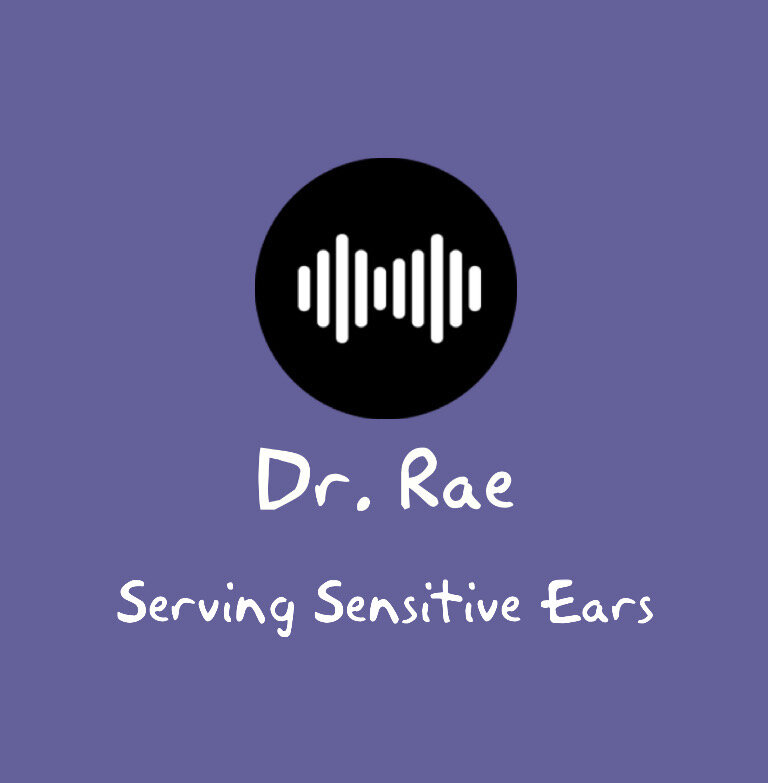When it comes to listening and learning disabilities, knowing the cause is half the battle.
Have you been told your child is too young to be tested or that there are no effective interventions or treatments for auditory processing disorders (APDs), hyperacusis, misophonia, or tinnitus?
Why consider an auditory processing or auditory sensitivity evaluation?
Our innovative virtual testing method encompasses a comprehensive auditory test battery, including calibrated audiometric testing and auditory processing testing, alongside a variety of virtual treatment options. This approach allows Dr. Rae to provide empathetic, face-to-face guidance, tailoring each treatment plan to find the perfect balance of coaching, live activities, and simulation-based auditory training for both children and adults. Live sessions are also geared towards crafting personalized strategies to tackle and alleviate specific auditory sensitivities.
Beyond auditory coaching and training, we specialize in at-home programming and customization of digital auditory devices. This includes adjustments for auditory filtering, noise protection, sound stimulation, and speech enhancement in both quiet and noisy environments, leveraging our pioneering approach to low-gain hearing device programming.
Parents and adults have praised the transformative effects of combining improved hearing capabilities with targeted auditory practice. Moreover, research supports the efficacy of this approach, highlighting that regular exposure to enhanced speech sounds, facilitated by low-gain amplification and remote microphones, can significantly bolster academic achievements and social interactions in individuals with Auditory Processing Disorders and difficulties often evident in autism, ADHD, and dyslexia.
Do you wonder whether symptoms of reduced memory, fatigue, difficulty reading, speech or language delays, overwhelm in noisy places, or irritability may be due to difficulty in auditory processing or auditory sensitivities?
Feeling left out?
Social skills can be significantly impacted by challenges in hearing and processing sound. If a child or adult finds it difficult to access language easily, they're likely to overlook vital social cues and information. This difficulty in navigating social interactions stems from their inability to fully engage with and understand the auditory world around them, highlighting the intricate link between auditory processing and social development.
Missing milestones?
Even if your doctor assured you that a series of ear infections your child experienced was normal, these could still impact their auditory processing. Now, despite having "perfect" hearing, your child may struggle to keep up with peers. This suggests that past infections might have left behind subtle effects on their ability to process sounds, affecting comprehension and learning.
Is your child eligible for IEP and 504 Services?
Have you heard?
Well documented Auditory Processing and Auditory Sensitivity Disorders may be eligible for IEP and 504 services.
With a combination of personalized testing and well-written documentation, many children and adults are able to get access to needed accommodations and services in school and work environments.
Even if a school district does not recognize these issues as “disabilities,” good testing and case history can lay groundwork to unlock necessary interventions.




